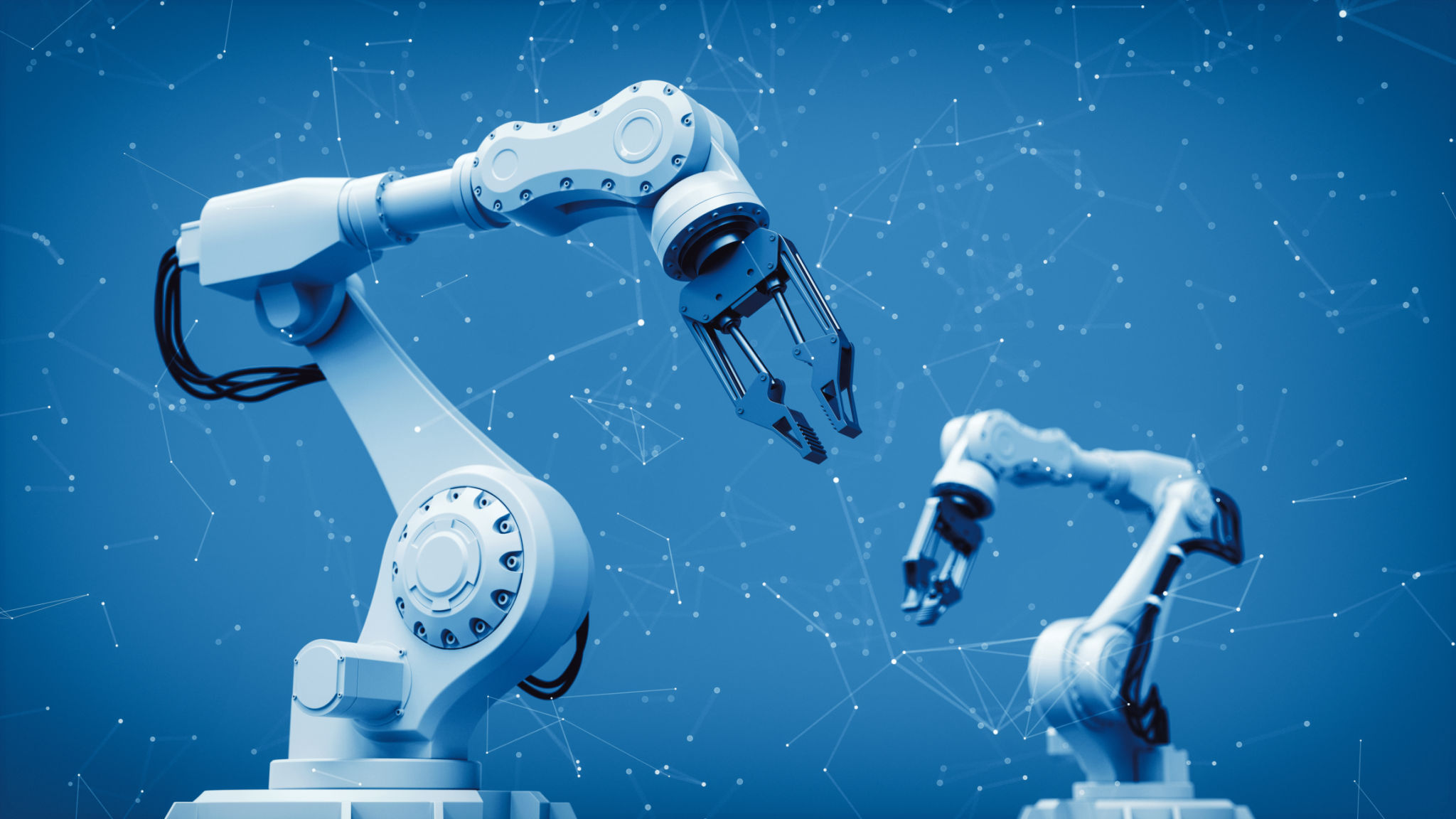The Future of AI in Problem-Solving: Trends to Watch
Introduction
The integration of Artificial Intelligence (AI) into problem-solving processes is reshaping industries across the globe. As we stand on the brink of a technological revolution, it's crucial to understand the trends that are set to define the future of AI in problem-solving. From enhancing decision-making to automating complex operations, AI is poised to redefine how we approach challenges both big and small.
Enhanced Decision-Making
One of the most significant benefits AI brings to problem-solving is its ability to enhance decision-making. By analyzing vast amounts of data quickly and accurately, AI systems can identify patterns and insights that might be missed by human analysis. This capability allows businesses to make informed decisions swiftly, reducing the margin for error and increasing efficiency.

Predictive Analytics
Predictive analytics is a burgeoning field within AI that leverages historical data to forecast future outcomes. By utilizing machine learning algorithms, organizations can predict trends and behaviors, enabling proactive measures rather than reactive ones. This shift towards prediction can significantly impact industries ranging from healthcare to finance, where anticipating future needs can offer a competitive edge.
Automating Complex Operations
AI's ability to automate complex operations is another trend to watch. From supply chain management to customer service, AI-driven automation can streamline processes, reduce costs, and improve accuracy. This transformation not only frees up human resources for more strategic tasks but also enhances overall productivity and operational efficiency.

Natural Language Processing (NLP)
Natural Language Processing is revolutionizing how machines interact with humans. By understanding and responding to human language, AI systems can perform tasks like customer support, content generation, and even legal work with remarkable accuracy. NLP is set to become a cornerstone of problem-solving in various sectors, offering more personalized and efficient services.
AI in Collaborative Problem-Solving
The future of AI in problem-solving isn't just about replacing human effort but augmenting it. Collaborative AI systems work alongside humans, enhancing creativity and innovation. By providing insights and augmenting capabilities, AI empowers teams to tackle challenges more effectively, resulting in solutions that are both innovative and practical.

Ethical Considerations
As AI continues to evolve, ethical considerations will play a crucial role in its development and deployment. Ensuring that AI systems are designed and used ethically is essential for maintaining trust and ensuring equitable outcomes. Transparency, accountability, and fairness will be key principles guiding the future use of AI in problem-solving.
Conclusion
The future of AI in problem-solving is bright and full of potential. By keeping an eye on these emerging trends, businesses and individuals alike can harness the power of AI to overcome challenges and drive innovation. As technology continues to advance, embracing these changes will be critical for staying ahead in an increasingly competitive landscape.
